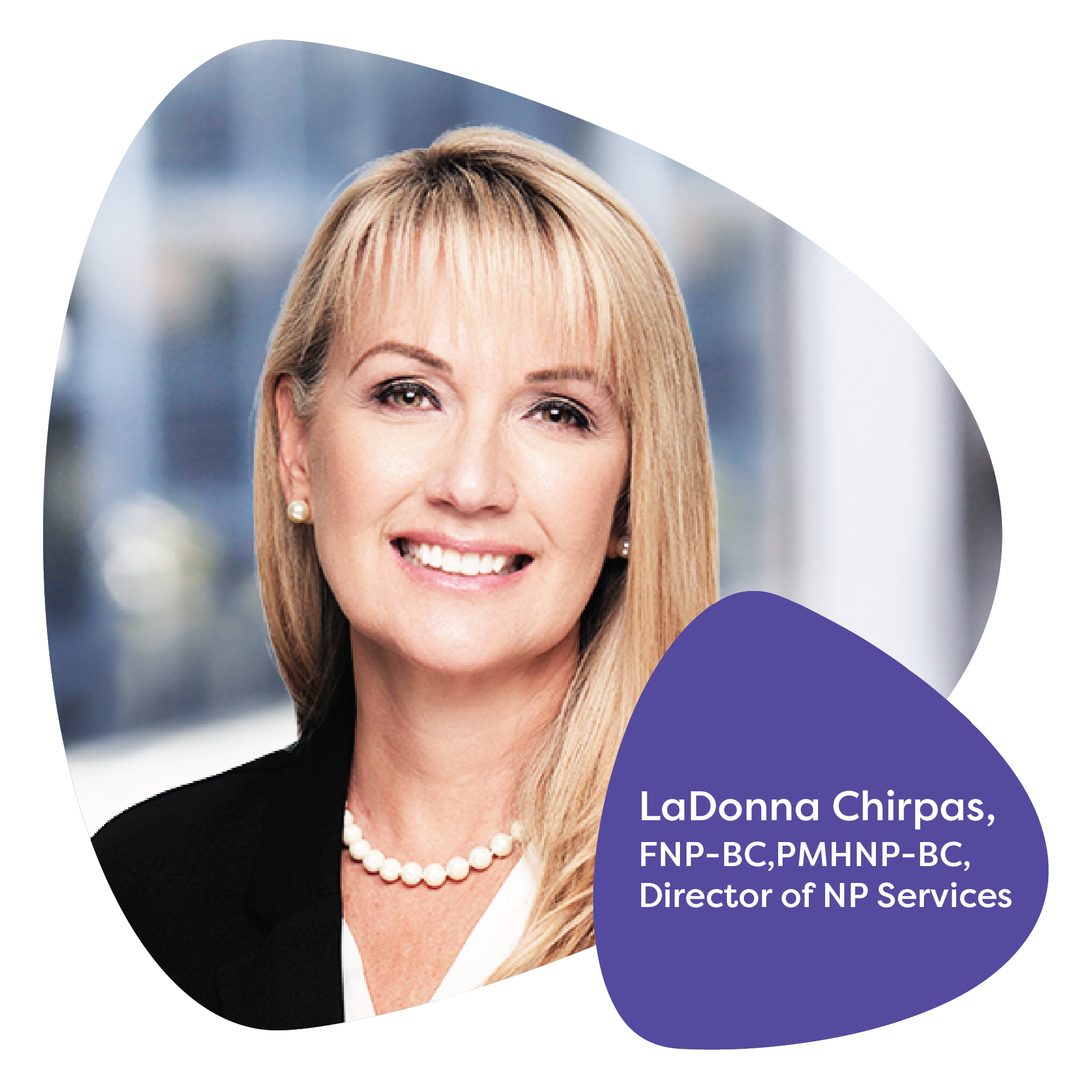Iris clinicians are at the heart of what makes our organization such a special place to work. That’s why we’re turning the spotlight on the amazing work they’re doing every day. This month, we’re sitting down to talk with Dr. Alonso Cárdenas.
Q. How did you find Iris and decide you wanted to be an Iris provider?
A. I found Iris through LinkedIn. I needed to stay in San Diego, and I love that Iris gives me the flexibility to work from home. I work for an underserved population in a rural area in Modesto, California, at a Federally Qualified Health Center.
Q. How does teletherapy compare to in-person care?
A. Telepsychiatry is great. It makes a difference in rural areas with low access. I love being able to travel and spend time with my family while still being able to work and not having to commute.
Being able to have meals at home is great for work-life balance. If a new patient doesn’t show up, I can do maintenance of certification, articles, exams, play with my dog, or do laundry or dishes, which creates more room for quality of life on weekends. I have more time to go to the dog beach or hike.
Telepsychiatry has already grown since I was in training. Then there was the pandemic, and many more people are now used to FaceTime and doing meetings on Zoom.
Q. How do you foster connection with patients virtually?
A. I try to foster a connection as I did in person by being fully present and empathic, providing psychoeducation and resources, and genuinely being interested and invested in helping people.
Q. As a healthcare professional, how do you manage work-life balance?
A. Working for Iris as a child and adolescent psychiatrist helps with work-life balance. When possible, I do virtual care for my own health, too.
Q. What is the most rewarding part of your job?
A. The most rewarding part of my job is being able to make a difference in the lives of patients, especially those who are underserved with complex social political issues.
Q. What do you love about working with Iris?
A. I love the culture at Iris. It’s very different than anything I’ve experienced since medical school. They’re so efficient and above and beyond helpful.
I once had a wireless keyword that malfunctioned, and they sent me a new one right away. I had a travel monitor that I had purchased myself malfunction and Beth Chase, my Clinical Operations Manager, checked in with me and asked if I needed anything, if my equipment was working properly, and then offered several travel monitor options that Iris could reimburse me for.
When there’s a workflow or scheduling issue with Golden Valley Health Centers, the FQHC I work for, she meets with them, troubleshoots problems, solves them, and then things improve quickly and promptly.
Q. How does the flexibility of telehealth help you do more of what you love?
A. Last year, for Christmas, I was able to go to my in-laws in Orlando and still be able to work. I would work and then hang out and spend time with family when I wasn’t working.
My wife is a law professor and gets to take a sabbatical; she’s studying and writing research on cultural heritage. We can travel and I can still work.
I’ve gone to conferences in Canada with her before, and in the future, I plan to go to Mexico and Colombia while I’m still working.
After work and on weekends, I still go sightseeing, and I love being able to do that.
Q. Why do you think teletherapy is important to the future of mental healthcare?
A. Telepsychiatry is very important for mental healthcare. In addition to the access, it’s more comfortable. There’s much less of a chance that a patient will feel awkward running into a coworker at the psychiatrist’s office. It’s so convenient.
I’m going to date myself here, but as a kid, I used to go to Blockbuster video to rent movies – now we stream. I would sometimes have to catch and walk looking for a taxi. Now, for the most part, we use Uber or Lyft.
Q. What advice would you give someone new to telehealth?
A. Advice that I would give someone who’s considering telehealth is work for Iris.
They’re super-efficient, helpful, and their IT team is amazing. They go above and beyond to the point of even offering to troubleshoot and problem solve, even when the issue is not their equipment or organization.
I think we want to have a growth mindset and continue to develop and evolve.
At Iris, we believe our providers should be respected, valued, and applauded for the work they do, and we couldn’t be more proud to say, “thank you” to our very own Dr. Alonso Cárdenas. If you’d like to learn more about working for Iris Telehealth, contact us today.


